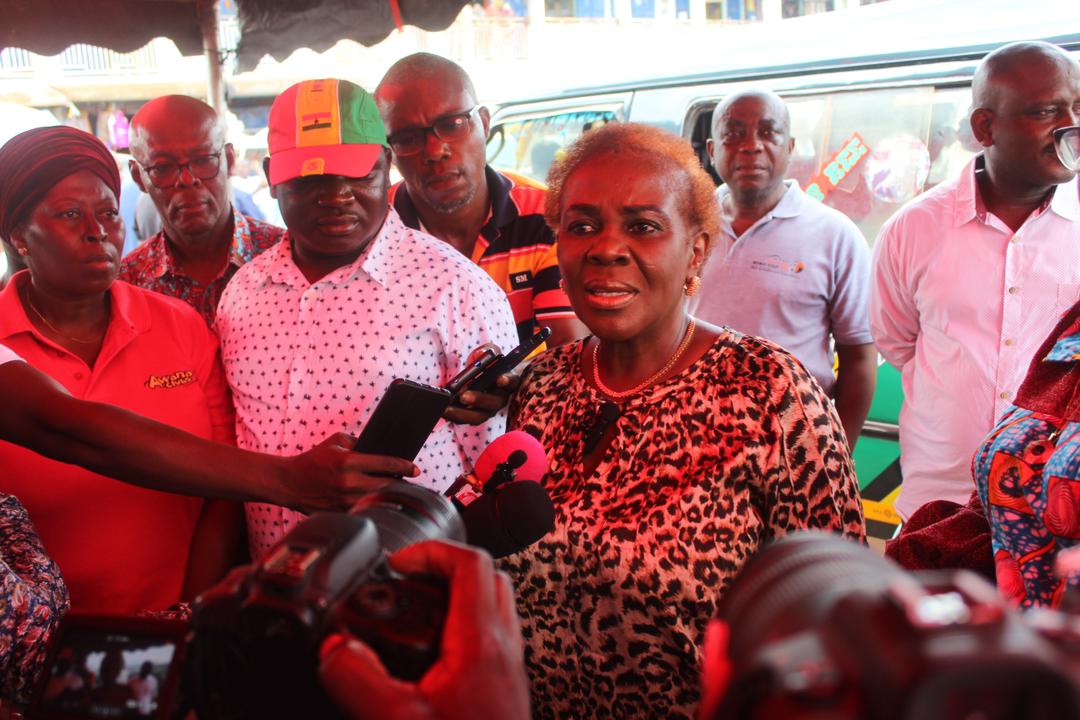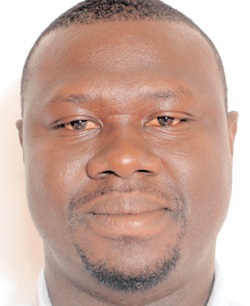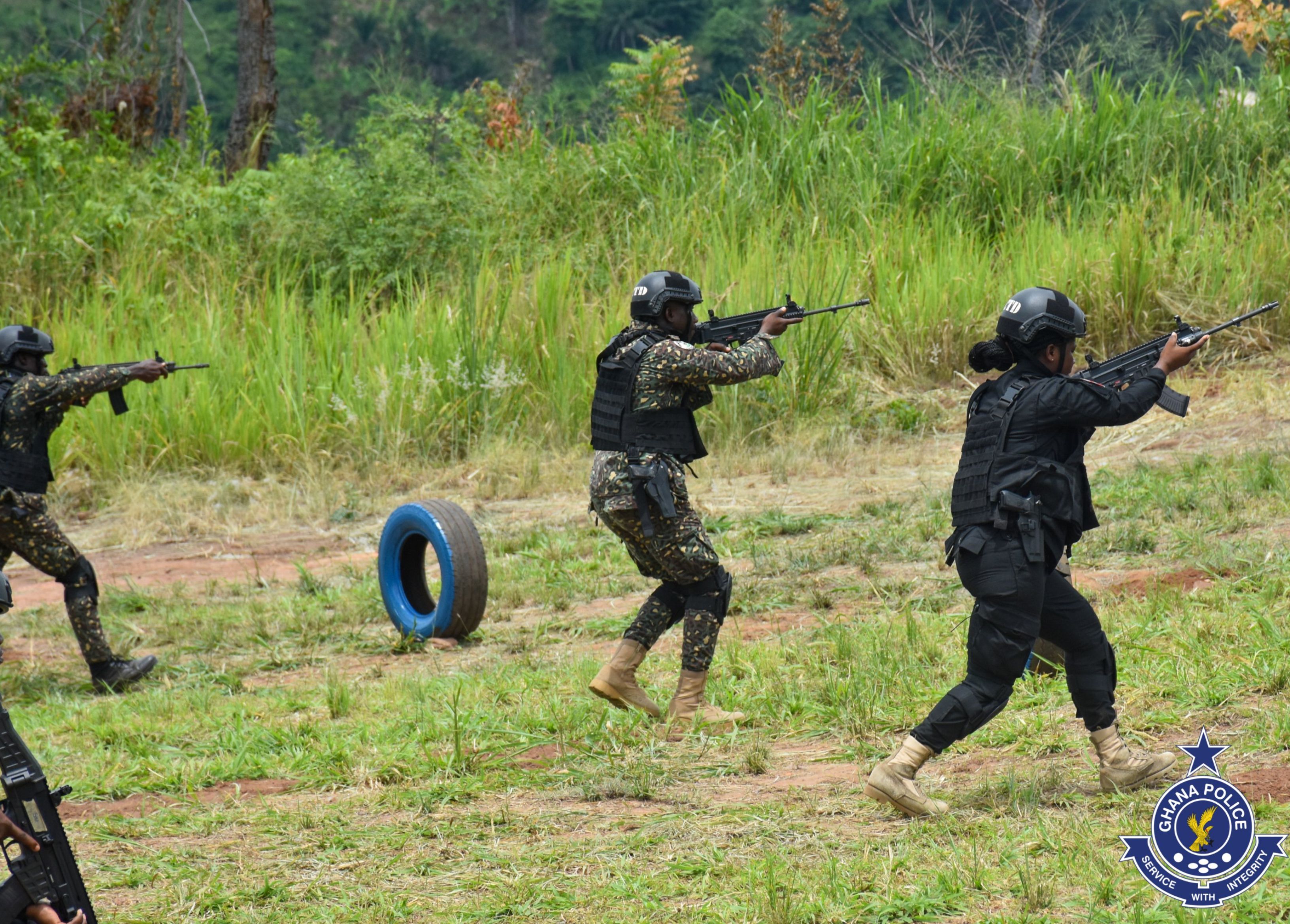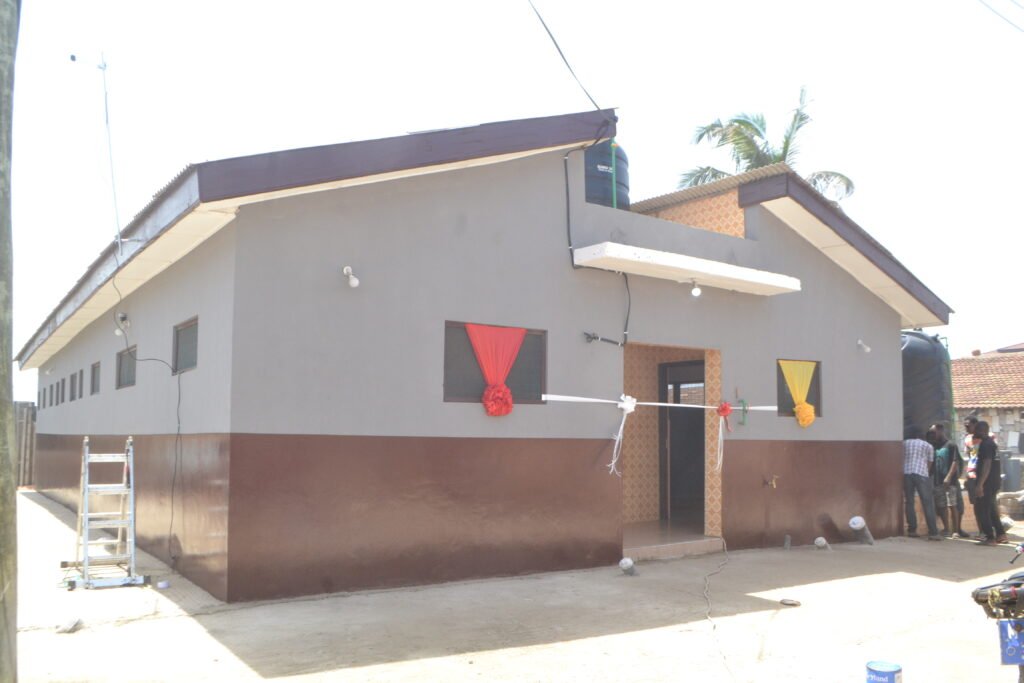
The writer
Watching the recent cocaine bursts and the alleged suspicious aircraft landings at Kotoka International Airport, along with the gruesome political debate this issue has ignited, feels like being trapped in a terrifying movie, one where “Ghana’s money laundering show” unfolds in front of us.
The debate has become a distraction, and the core danger: the infiltration of criminal money into our economy, remains largely unaddressed. It feels like an important national crisis is being swallowed up by point scoring, deflections, and noise.
This is not just a policing issue; it’s an economic one. Specifically, it’s about how drug money moves, mutates, and ultimately masquerades as legitimate capital in our banks, businesses, and real estate markets. Having worked in the banking and finance sector, I know how difficult it is to raise capital the right way— the paperwork, compliance, and scrutiny. It is exhausting. Yet, across town, we see buildings springing up overnight with no tenants, no business models, and no clear funding trail. But they’re always fully sold.
There’s a dangerous illusion among some that drug money or laundered money somehow benefits our economy. It does not. In most cases, these funds flow into the ‘underground economy,’ with the real profits disappearing into offshore accounts or foreign networks, leaving us to manage the fallout. This fallout is serious. Illicit money distorts market dynamics—inflating prices, warping investment priorities, and pushing honest players to the margins. It rewards opacity and punishes transparency. If we leave this unchecked, we risk creating an economy where fair competition is impossible and trust is a luxury.
The real estate sector, in particular, has become the go-to vault for cleaning dirty money. It’s easy to hide behind brick and mortar. Has anyone wondered how the exorbitant pricing of real estate properties in this country, especially in Accra, began? And before anyone points to ‘demand’ as an answer, let me add that most of these properties remain empty. Who are the buyers or targeted buyers? Properties are snapped up quickly, prices rise beyond reach, and soon the market no longer reflects real demand—it reflects something darker: the underground economy operating in plain sight; a worrying concern.
Even worse is the subtle corruption that follows the money. Institutions that should act as watchdogs turn into lapdogs. Oversight weakens, decision-making becomes compromised, and the focus shifts from building for the future to responding to the consequences of rot. Instead of investing in schools or infrastructure, we spend public money investigating scandals, responding to foreign scrutiny, or cleaning up the mess left behind by those who use our country for illicit purposes.
I have heard arguments in the past that the dangers associated with illicit trade and money laundering are exaggerated. They are not. I’ve been in rooms with international investors where a single mention of weak anti-money laundering controls killed interest. In global capital markets, perception is currency. Once we lose that, we start paying higher premiums, facing tighter terms, and losing access to good or cheap capital.
This is why it’s painful and almost horror-like watching this issue dissolve into partisan theatre. Whether it’s the latest drug haul or whispers of unusual cargo movements, these are not just criminal matters, they’re economic threats. Yet, our national response often looks more like a blame game than a serious reckoning. Whether it’s the Minority’s press conference or the government’s reaction to it, what we need now is maturity, not politics. The world is watching. Investors are taking notes. And our institutions are being judged by not just what we say but how we act.
We cannot afford communication that muddies the waters or discredits whistleblowers before the facts are established. Grave allegations demand sober, coordinated responses, not denial dressed as damage control. This issue won’t be fixed with statements or social media rebuttals. It demands real work—smarter oversight, stronger collaboration, and the courage to confront what is wrong, even when it’s inconvenient.
The recent cocaine seizures and aeroplane landing suspicions are serious. But they’re not the whole story. They’re part of a deeper problem: the quiet but consistent signs that our economy is being shaped by forces we do not fully control. If we keep looking away, we will not just lose capital; we will lose credibility.
We must clean this up now, or we will pay a price far greater than we are admitting. That price will not just be political; it will be economic, and it will be generational.
By Fred Eshun Kissi
The post The Cocaine Busts, Whispers Of Money Laundering, And Risks To Our Economy appeared first on DailyGuide Network.
Read Full Story











Facebook
Twitter
Pinterest
Instagram
Google+
YouTube
LinkedIn
RSS